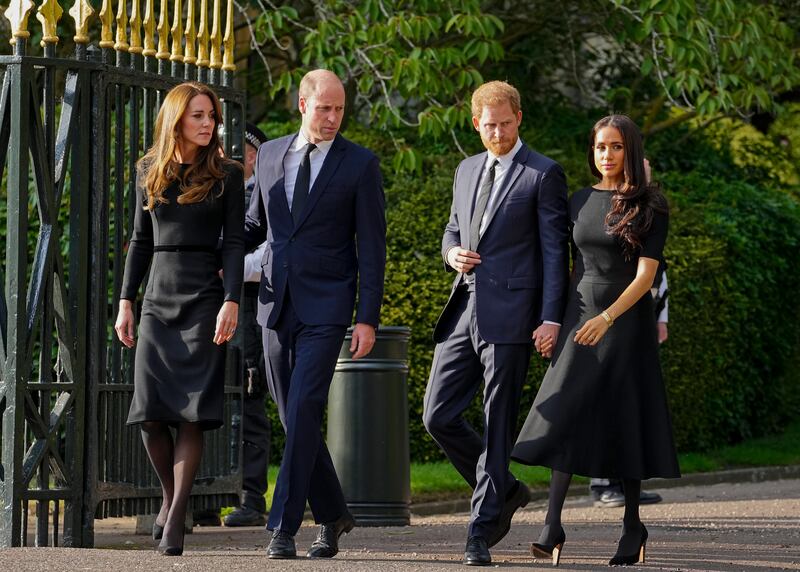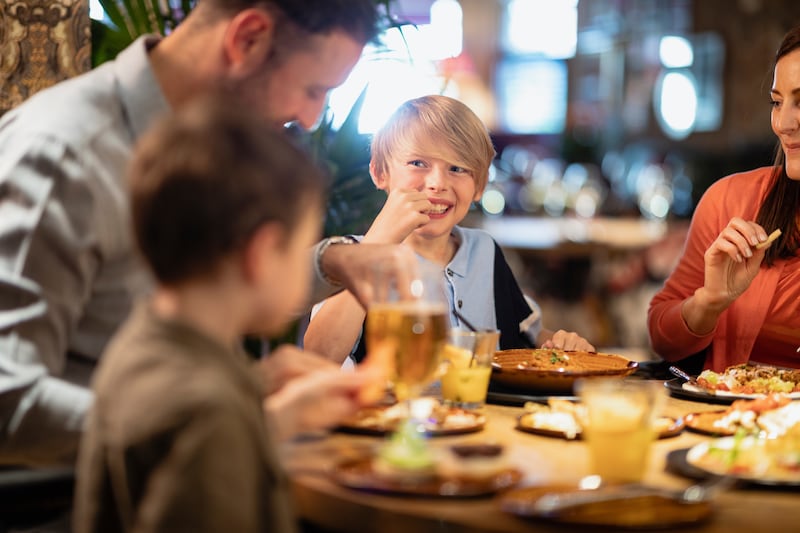My older brother Dean is a man’s man. A genuine cowboy, he rigged up a backyard bucking barrel when he was only 12 years old to practice balance and stability for rodeo bareback and saddle bronc events. He rode calves. He twirled ropes. Then, as a teenager, he joined the Rocky Mountain Professional Rodeo Association. Weekends were often spent at the Golden Spike Arena in Ogden roping and riding.
With a pair of pliers and some baling wire, he could fix anything. He intuitively understood how motors and engines worked. He was equally good with animals and machines. He was our dad’s favorite.
He was my favorite, too. We worked together in our uncle’s fields and wrestled on the front lawn. We played basketball. We hoed sugar beets. I gave him a bloody nose once, then ran. Not taking any chances, I didn’t come back home until later that night when I knew our parents would be there. He never said anything about it. I didn’t, either.
We grew up, went to college, got married and found jobs. He stayed in Utah; I moved to Texas. For almost 40 years, mostly we saw each other only once a year. We didn’t take trips together or talk on the phone or even chat on Facebook.
We didn’t need to. There’s something unspoken between us. Some kind of meta language that doesn’t require words. It must be a “bro” thing.
Now, in our 70s, we’re back living in the same state and getting together regularly. We even call each other up and talk on the phone. Nothing significant is ever said. We just talk about the usual stuff: grandkids, bodily aches and pains, the weather. All the important things.
While my specific relationship with my brother is unique (my sister passed away some years ago), researchers like Megan Gilligan at the University of Missouri say that this “boomerang renewal” of sibling contact and interaction is neither uncommon nor unexpected. With the stress of earning a living and rearing children gone, both men and women often reconnect to siblings later in life that make their lives richer, more meaningful and more fulfilling.
But men reconnect in different ways than women. Sisters want to meet and talk. Brothers want to do something. Go fishing. Or bowling. Or watch sports. Anything. Just not “sibling therapy.”
While sibling relationships are likely the longest relationship any of us will ever have, their dynamics in later life are often overlooked. How much do old wounds affect ongoing contact and interaction? How does birth order influence “who’s in charge” at get-togethers and reunions? What about parents who “played favorites”? How much does current success — or the lack thereof — influence contact or connections?
Research shows that a significant factor in well-being later in life is dependent on sibling relationships. We either find ways to bury the hatchet and move forward or we wallow in “might have beens” and past slights. Either way, it affects our physical health and emotional well-being as we age.

Not all sibling relationships get better with age, of course. Prince William and Prince Harry of England may never reconcile. Their very public feuding may make it difficult. If it does ever happen, it will likely take a very intentional intervention by one or both brothers.
While the common advice of talking through past differences may help in some situations, such direct communication isn’t always the answer. Famously, in the movie “Cool Hand Luke,” the prison superintendent referred to “a failure to communicate” with the character played by Paul Newman. Of course, they didn’t have a failure to communicate at all. They just had very different goals.
Sibling relationships can vary from toxic to tender, conventional to circumspect, caring to careful. While some older siblings have past unresolved issues, most simply drift apart, as Dean and I did. Getting back together didn’t require any reconciliation, just a recognition that with our parents and sister gone, maybe it was time to reconnect. Timing, it seems, is everything.
Expectations matter, too. Neither Dean nor I were looking to fill a gap, replace something lost or rediscover some intangible relationship. We didn’t think anything was lost so there was nothing to find. We just needed to plug back into our relationship. The power supply was already on and available.
Others say something similar. “I never lived near my brother,” 92-year-old Marriner Rigby said. “Sometimes we’d go years without seeing each other. But when we did, it was like we’d seen each other yesterday. There was always something unspoken about our relationship. We didn’t need a lot of words. And we never used that many.”
Rather than talking about their relationship, Marriner and his brother simply began doing things together. Since they both liked to fish, that was an easy path to common ground. It became their “go-to” shared experience. They looked for times to go fishing together while they still could.
It wasn’t the only thing they did. They ate together.

There’s an old saying that “the way to a man’s heart is through his stomach.” It may apply to more than romantic relationships. Sharing food uniquely creates common ground, builds rapport, enlivens good feelings. Siblings can bond over familiar dishes, shared tastes and nearly forgotten memories. There’s even some science to suggest sharing favorite dishes helps build or rebuild close relationships. Talking is good. Eating is better.
Leo Tolstoy wrote in “Anna Karenina”: “All happy families are alike; each unhappy family is unhappy in its own way.” It’s the same among older siblings. All happy sibling relationships have common elements: renewed contact, shared experiences and moving on. All unhappy ones are unhappy in their own way.
Sibling relationships matter. They can be revived later in life. They may not require rehashing the past. They are worth the effort.


